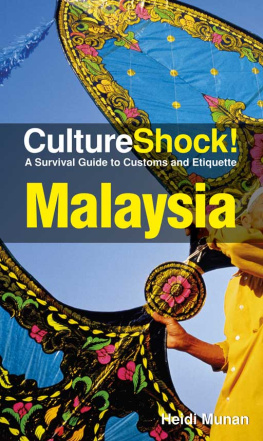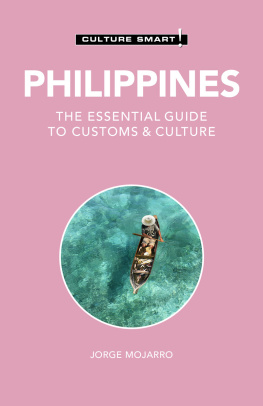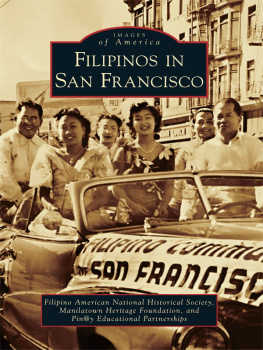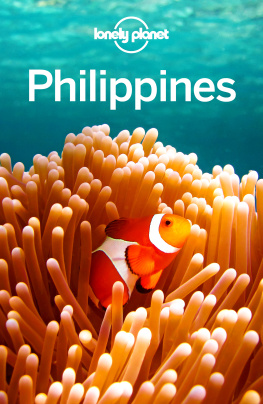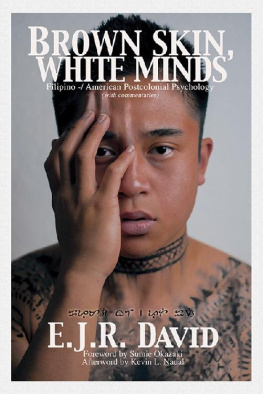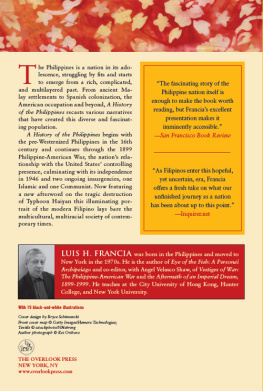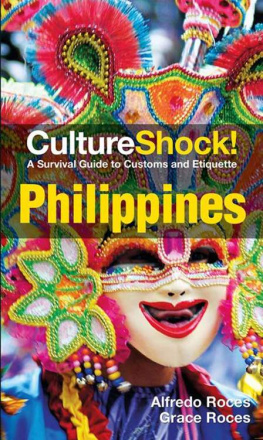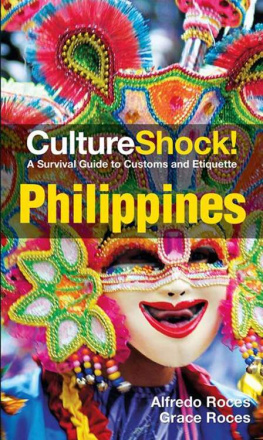Introduction
Con el recuerdo del pasado entro en el porvenir. With the memory of the past, I enter the future.
from El Consejo de los Dioses, a play written in 1880 by Jose Rizal, Philippine National Hero
The spring of 2020 became a time of nostalgia for me. I took comfort in traveling back in time since the future seemed uncertain. The world was locked down, with thousands dying from this unknown and unseen killer called COVID-19. Social distancing became the norm. Despite being cooped up at home, technology allowed me to reconnect with my high school barkada, whom I had not seen in years. Meanwhile, the regular Zoom meetings with my family to check in on our parents turned into a time to reminisce and joke around with my siblings about shared memories from our childhood. These memories helped keep me sane and grounded during the lockdown.
After one of our family Zoom calls, my brother shared a video posted by Tourism Philippines. The video started with scenes of empty streets followed by mask-covered Filipino faces with anxious eyes. A motorcycle driver carrying a box labeled LIFE SAVING MEDICINE, DO NOT DELAY brought the gravity of the situation into sharp focus. Behind the closed doors on the empty streets, many lives were precariously hanging in the balance.
Though the video had a sobering start, it quickly pivoted to show the resilience of the nation amid this crisis. It showed health care workers posing like action figures, armed soldiers at a checkpoint dancing in unison, nurses dancing choreographed steps, then close-ups of Filipinos with smiles on their faces, some drawn on the outside of their masks. The video ended with the words Nothing can take away our smile written on the screen, then #WeSmileasOne and #WeHealasOne, a touching tribute to the people of the Philippines.
A slow song, With a Smile, softly played in the background of the video. It was a cover of the hit from The Eraserheads; homegrown talent considered the Beatles of the Philippines. Hearing the song took me back to my college days at the University of the Philippines when I saw them perform live. I remembered the carefree feeling of gathering with friends, sitting outside on the Arts and Sciences building steps while breathing in the fresh air and promise of youth.
Using my brother as a field reporter, I asked, What else is going on in the Philippines? at the next family Zoom.
Well, he said, there have been discussions on what to do about the 1521 anniversary.
I was caught off guard and paused with a confused look. Everyone who grew up in the Philippines knew 1521 meant Ferdinand Magellans arrival in the islands. But with the passing of time and COVID, it didnt occur to me we were approaching the 500-year anniversary of our countrys discovery.
So, whats everyone saying? I deflected, planning to blame my awkward pause on Zoom issues in case someone noticed.
My brother laughed, seemingly unfazed by my awkwardness. Nobody knows whether to celebrate or not since Magellans arrival led to colonization. Maybe celebrate the arrival of Christianity in the Philippines? So many things to consider.
Well, one thing for sure, he concluded. The Philippines needs to come to terms with its complicated history.
During the summer of 2020, when everyone was baking and taking up new hobbies while on lockdown, I decided to revisit Magellans story. I did a little digging on Amazon for books that might help. The first book that popped up was a bestseller titled Over the Edge of the World by Laurence Bergreen, an award-winning historian and biographer. Seemed like a winner.
Bergreen was fascinated by sea voyages because he felt there was something compelling about the misery that sailors endured and the bizarre places they visited. Of Magellans journey, Bergreen said, These days, Magellans circumnavigation is often considered the greatest single sea voyage ever to be undertaken. And as NASA missions demonstrate, it still inspires todays explorers.
As I read Bergreens book, I was fascinated by mentions of Enrique de Malacca, Magellans slave who served as interpreter for the journey. Born in Sumatra, Enrique was likely captured at a slave raid and sold to Magellan in Malacca. He traveled with Magellan to Africa and Europe, making his way back to Asia on this voyage. Though Magellan is known for the circumnavigation of the globe, it turns out Enrique was probably the first person to accomplish this. Enrique seemed to be Magellans most valuable crew member. But why didnt I remember reading about him in our history textbooks?
I decided to keep on digging. The more I researched, the more surprises I found.
What I remember about how Philippine history was taught, it usually began with the Treaty of Tordesillas between Spain and Portugal that became the impetus for discovering new lands to claim as their territories, followed by Magellans arrival. A friend said this sounded like Filipinos were sitting around in caves waiting to be found.
However, trade and commerce had already flourished in the Philippine archipelago for several centuries prior, which spread Asian cultural influences, including writing. These encounters brought islanders out of their isolation. Bergreen said precolonial Filipinos who lived near coasts were literate long before Magellan arrived.
These stories of our ancestors captivated me. Could it really be that we were never taught these growing up? It felt like their achievements were erased from our history, making precolonial Filipinos appear significantly inferior.
I asked friends who also grew up in the Philippines but now live in the US, Have you heard of Enrique de Malacca, Magellans slave? Did you know precolonial Filipinos were literate? Did you know trade and commerce were thriving in the Philippines before the Spaniards arrived? Their answers were like mine. We were unaware of these stories from our history.
I began to wonder what other stories in Philippine history have been missed. I also thought about my nephews and nieces, the next generation of the Filipino diaspora. How much do they really know about their rich and colorful heritage?
There were also these interconnected histories from different perspectives. If history is written by the victors, what would happen if we meshed these different histories together so instead of victors and villains, we get stories of a nations evolution?
As I dug deeper into this topic, I found a podcast that described the Spaniards who came to the Philippines as rejects from Spain and Mexico. I felt an internal conflict when I heard this. Given the history of colonization, I empathize with these feelings of animosity. There is cognitive ease with painting history in broad brush strokes.
But these were real living people during those historical times. In 300 years of Spaniards arriving on the islands, they couldnt have all been rejects. After all, some of them were our ancestors. I am told my paternal grandmothers father was a civil guard from Seville. I dont know what motivated my Spanish great-grandfather to cross the ocean to land in the PhilippinesI wish I did. What I do know is that I am an amalgamation of these two worlds.



